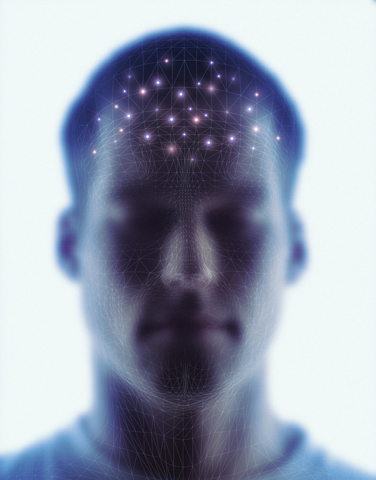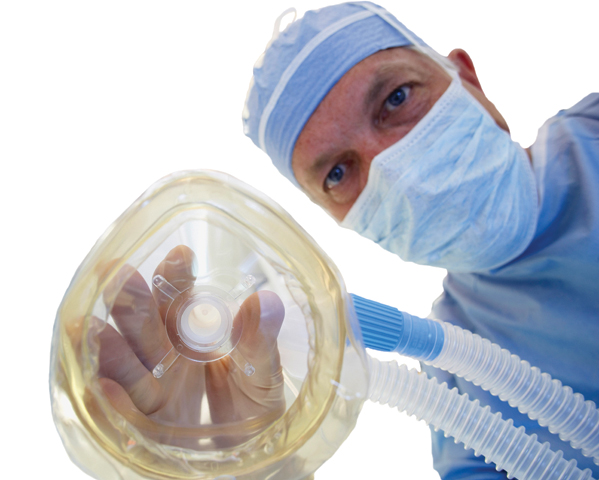Chapter Introduction
5
Consciousness

UNCONSCIOUSNESS IS SOMETHING YOU DO NOT REALLY appreciate until you need it. Belle Riskin needed it one day on an operating table, when she awoke just as doctors were pushing a breathing tube down her throat. She felt she was choking, but she could not see, breathe, scream, or move. Unable to even blink an eye, she could not signal to the surgeons that she was conscious. “I was terrified. Why is this happening to me? Why can’t I feel my arms? I could feel my heart pounding in my head. It was like being buried alive, but with somebody shoving something down your throat,” she explained later. “I knew I was conscious, that something was going on during the surgery. I had just enough awareness to know I was being intubated” (Groves, 2004).
How could this happen? Anesthesia for surgery is supposed to leave the patient unconscious, “feeling no pain,” and yet, as in this case, in about one in every 1000–
Waking up in surgery sounds pretty rough all by itself, but this could cause additional complications. The conscious patient could become alarmed and emotional during the operation, spiking blood pressure and heart rate to dangerous levels. Awareness also might lead to later emotional problems. Fortunately, new methods of monitoring wakefulness by measuring the electrical activity of the brain are being developed. One system uses sensors attached to the patient’s head and gives readings on a scale from 0 (no electrical activity in the brain) to 100 (fully alert), providing a kind of “consciousness meter.”

Anesthesiologists using this index deliver anesthetics to keep the patient in the recommended range of 40–
MOST OF THE TIME, OF COURSE, CONSCIOUSNESS IS SOMETHING WE CHERISH. How else could we experience a favourite work of art, the familiar lyrics of an old song, the taste of a sweet, juicy peach, or the touch of a loved one’s hand? Consciousness is a person’s subjective experience of the world and the mind. Although you might think of consciousness as simply “being awake,” the defining feature of consciousness is experience, which you have when you are awake or when having a vivid dream. Conscious experience is essential to what it means to be human. The anesthesiologist’s dilemma in trying to monitor Belle Riskin’s consciousness is a stark reminder, though, that it is impossible for one person to experience another’s consciousness. Your consciousness is utterly private, a world of personal experience that only you can know.
How can this private world be studied? We will begin by examining consciousness directly, trying to understand what it is like and how it compares with the mind’s unconscious processes. Then we will examine its departures from normal by exploring altered states: sleep and dreams, intoxication with alcohol and other drugs, hypnosis and meditation, and disorders of consciousness resulting from brain damage. Like the traveller who learns the meaning of home by roaming far away, we can learn the meaning of consciousness by exploring its exotic variations.